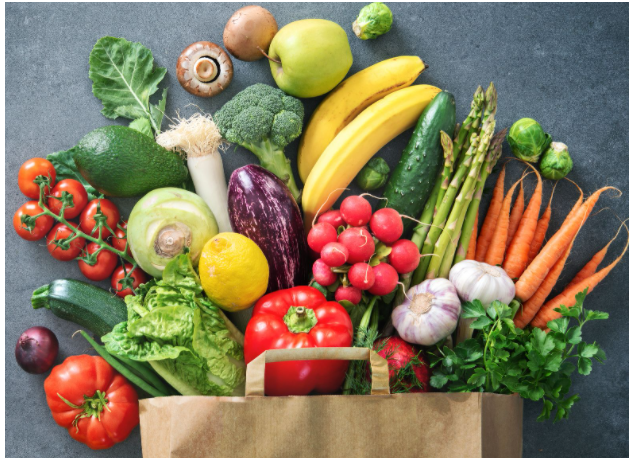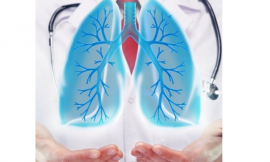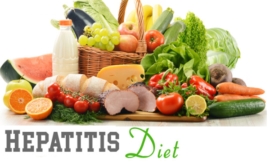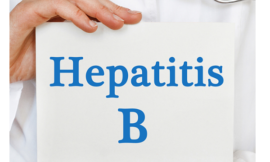What you eat affects your weight, and obesity raises your odds for breast cancer. If you’ve already had the disease, extra pounds can also make it more likely to return. Nausea, vomiting, and mouth sores are all common side effects of breast cancer treatment. When you feel sick to your stomach and your mouth hurts, you may start to dread mealtimes.
Eating a balanced diet is especially important when you have breast cancer. Proper nutrition helps your body heal from treatment. Eating right will keep you at a healthy weight and help preserve your muscle strength. If you choose a healthy diet — one rich in vegetables, whole grains, chicken, and fish you may boost your chances of living longer after breast cancer.
These some foods which may help to lower breast cancer risk;
Leafy green vegetables
Leafy green vegetables contain carotenoid antioxidants, including beta carotene, lutein, and zeaxanthin, higher blood levels of which are associated with reduced breast cancer risk. Kale, arugula, spinach, mustard greens, and chard are just a few of the leafy green vegetables that may have anticancer properties.
A study in over 32,000 women linked higher blood levels of total carotenoids to an 18–28% reduced risk of breast cancer, as well as a reduced risk of recurrence and death in those who already had breast cancer and researches reveals that a high intake of folate, a B vitamin concentrated in green leafy vegetables, may protect against breast cancer.
Fatty fish
Fatty fish, including salmon, sardines, and mackerel, are known for their impressive health benefits. Their omega-3 fats, selenium, and antioxidants like canthaxanthin may offer cancer-protective effects. Studies show that eating fatty fish may specifically reduce your risk of breast cancer.
Balancing your omega-3 to omega-6 ratio by eating more fatty fish and less refined oils and processed foods may help reduce your breast cancer risk as well.
Cruciferous vegetables
Cruciferous vegetables, including cauliflower, cabbage, and broccoli, may help lower your risk of breast cancer. Cruciferous vegetables contain glucosinolate compounds, which your body can convert into molecules called isothiocyanates. These have significant anticancer potential.
Citrus fruits
Researches found that citrus fruit reduce risk of many cancers, including breast cancer. Citrus fruits contain compounds like folate, vitamin C, and carotenoids like beta cryptoxanthin and beta carotene, plus flavonoid antioxidants like quercetin, hesperetin, and naringenin, which protect against breast cancer.
These nutrients provide antioxidant, anticancer, and anti-inflammatory effects, oranges, grapefruits, lemons, limes, and tangerines are examples of best Citrus fruits.
Berries
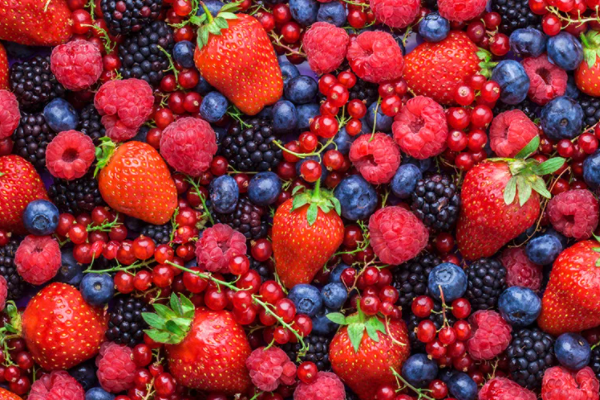
Berries are best food for all type of cancer including breast cancer. Berries’are rich in antioxidants, including flavonoids and anthocyanins, have been shown to protect against cellular damage, as well as the development and spread of cancer cells in our body.
Studies found that intake of blueberries may lower risk of estrogen receptor negative (ER−) breast cancer.
Allium vegetables
All allium vegetables including garlic, onions, and leeks are boast an array of nutrients, including organosulfur compounds, flavonoid antioxidants, and vitamin C. These may have powerful anticancer properties. The intake of garlic and onion help to reduced risk of breast cancer.
Likewise, a study in 285 women found that high garlic and leek intake may protect against breast cancer. However, the study noted a positive association between high consumption of cooked onions and breast cancer.
Fruits
Fruits — specifically peaches, apples, and pears — have been shown to safeguard against breast cancer. Studies found that the antioxidants present in peaches called polyphenol may inhibit the growth and spread of a breast cancer cell line and the consumption of peaches may reduce risk of developing ER– breast cancer.
Furthermore, a study analyzing data from 272,098 women linked apple and pear intake to a lower risk of breast cancer.
Whole grains
Whole-wheat bread, oatmeal, quinoa, and other whole grains are high in fiber. Eating extra fiber may help you avoid the constipation that certain cancer drugs can cause. Try to eat at least 25 to 30 grams of fiber daily. They can also help protect against cardiovascular disease — and survivors have higher odds, in part because some treatments can damage the heart.
Herbs and spices
Herbs and spices like parsley, rosemary, oregano, thyme, turmeric, curry, and ginger contain plant compounds that may help protect against breast cancer. These include vitamins, fatty acids, and polyphenol antioxidants.
Curcumin, the main active compound in turmeric, has also demonstrated significant anticancer properties, as has apigenin, a flavonoid concentrated in parsley.
Protein
Choose healthy sources of protein, which will help keep your body strong. Examples include skinless chicken and turkey breasts, and fatty fish such as tuna and salmon. You can also get protein from nonanimal sources like tofu and nuts.
These foods can play a role in a healthful diet in general, and they may also help prevent the development or progression of breast cancer.


